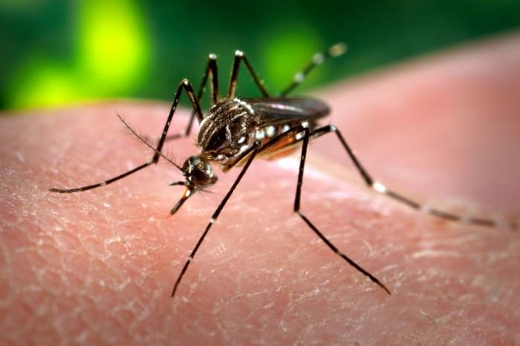Zika virus infection remains a risk to travelers who are pregnant or who may conceive in the near future. Women of reproductive age should discuss Zika prevention strategies with their doctor before planning a trip to Zika-affected countries, according to infectious disease specialists from Emory University School of Medicine.
An article discussing the current state of Zika virus is scheduled is published in Annals of Internal Medicine. The authors are all in the infectious disease division of Emory University School of Medicine’s Department of Medicine: infectious disease fellow and former preventive medicine resident Daniel Graciaa, MD, MPH, instructor Matthew Collins, MD, PhD and assistant professor Henry Wu, MD. Wu is director of the Emory TravelWell Center.
The prevalence of Zika virus has decreased since its peak in 2016. However, the actual risk of infection for individual travelers is difficult to predict, and the risk of localized outbreaks will likely persist for the immediate future, the authors warn. A confounding aspect of Zika virus infection is that up to 80 percent of cases may be asymptomatic.
In concurrence with recommendations from the Centers for Disease Control and Prevention (CDC), the authors advise pregnant women not to travel to Zika-affected areas. Returned travelers should take precautions against conception until two months after travel or symptomatic infection for women, and six months for men.
The authors note that new prevention strategies are needed, since couples may be reluctant to follow these recommendations given time constraints for conception or frequent travel to Zika-affected areas. Tests now under development and improved surveillance data may help travelers make more informed decisions in the future.
The authors recommend that patients contemplating travel to Zika-affected areas should engage in shared decision-making with their care providers regarding travel plans and testing for Zika infection, and continue to take precautions against infection. They conclude:
“Travel medicine providers regularly advise pregnant women planning travel to areas with increased risk for infections particularly dangerous in pregnancy, such as malaria, hepatitis E, and toxoplasmosis. Because preventive measures cannot avert all infections, we help travelers weigh the risks against the importance of travel. Zika prevention guidelines that mirror this approach might be more effective than the current strategy in preventing adverse outcomes.”

